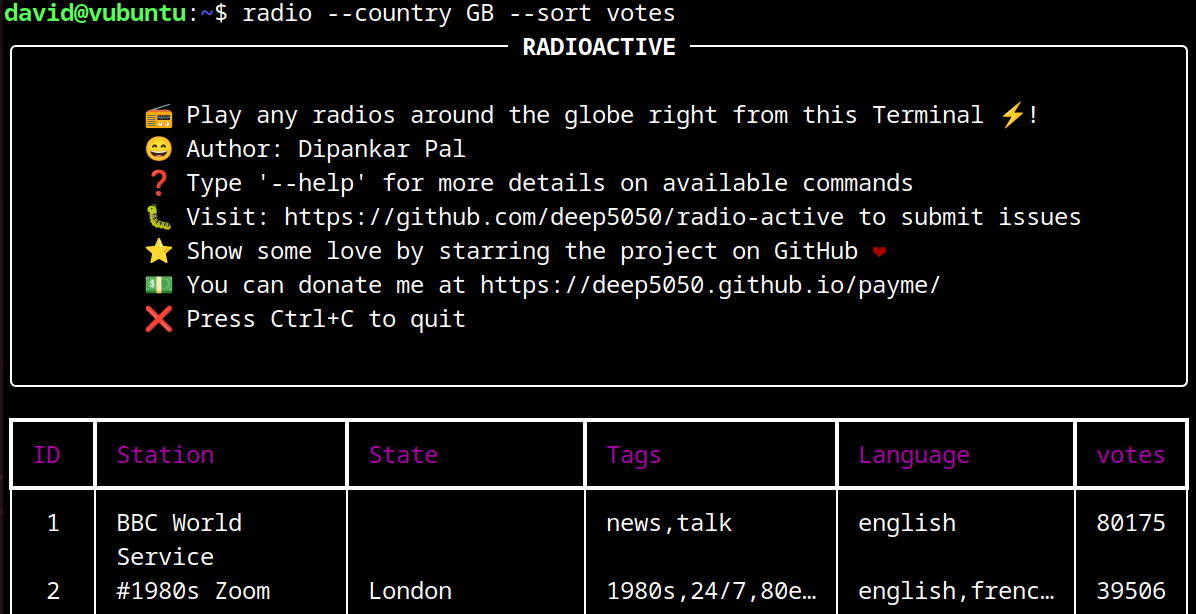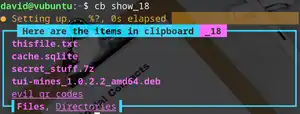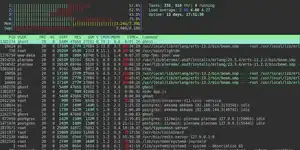
Radio-active is an instantly usable internet radio TUI
Everyone loves music. The right track can help you focus, make you relax, or take you back to a certain time and place.
While Bandcamp is an excellent option to purchase music and support independent artists, sometimes you just want to listen to what's playing on radio stations around the world.
There are dozens of internet radio streamers for the command line, but Radio-active stands out due to its simplicity and ease-of-use. You won't need to hunt out individual stream URLs and add them by hand, and it just works.
And you're not limited to merely listening to your preferred stations. You can record them for later playback - you never need miss an episode of The Archers again!
How to install Radio-active on Linux

Radio-active is built using Python and is installed using the Pip package manager, so make sure you have it on your machine before you start. You'll also need ffmpeg - a set of libraries and command-line tools for AV processing, conversion, and streaming.
All the necessary tools should be available in your default repositories.
Install Radio-active with:
pipx install radio-activeThat's it!
Listen to internet radio in your Linux terminal with Radio-active

You can start Radio-active by typing:
radioor
radioactive...into your terminal. You'll see an informative TUI, and the message "No stations to play. Please search for a station first!"
It's a self-explanatory message, and there are a number of ways to search for stations.
The easiest way is to use the --search or -S flagsand enter your radio station by name. For instance, if you have a hankering for BBC Radio 2 you would enter:
radio -S 'BBC radio 2'Radio-active will return a table of radio stations with that name, along with an ID number, broadcast country, and tags. Select a number from the list to start listening. A selection of modern and classic pop hits will instantly fill your ears.

Alternatively, you can search by country using --country or -C, followed by your preferred nation's country code. To see a list of streaming stations from the UK, you would enter
radio -C GBMaybe you don't have a particular station or even a country in mind, in which case you can use the --tag, or --language switches to narrow down your hunt.
To add a station to your favourites list, just hit the f key (and pay your respects) while the station is playing.
Once you've added some favourites, you can view and stream them by starting Radio-active without any arguments, or just view them with:
radio --list If you love what you're listening to, you can record the stream by hitting the r key. MP3 files are saved to ~/Music/radioactive.
One minor annoyance is that the search table is limited to 100 results. A search for GB stations returns an alphabetic list doesn't even make it further than Angel radio. There doesn't seem to be any way of combining search functionality, by which we mean that entering:
radio --tag classical --country GB...will not return a list of UK stations tagged as classical. One of the search criteria will be ignored.
You can, however, sort the results according to certain factors including votes, bitrate, clickcount, and random. For example:
radio --tag pop --sort votes
returns a table of the 100 most popular stations tagged as "pop"
Radio-active is being actively developed
Radio-active is hands-down the best internet radio TUI we've played with, but it isn't perfect. Development is ongoing, and you can see the developer's todo list here. If you'd like to contribute to the project, report a bug, or request a feature, you can raise an issue.













